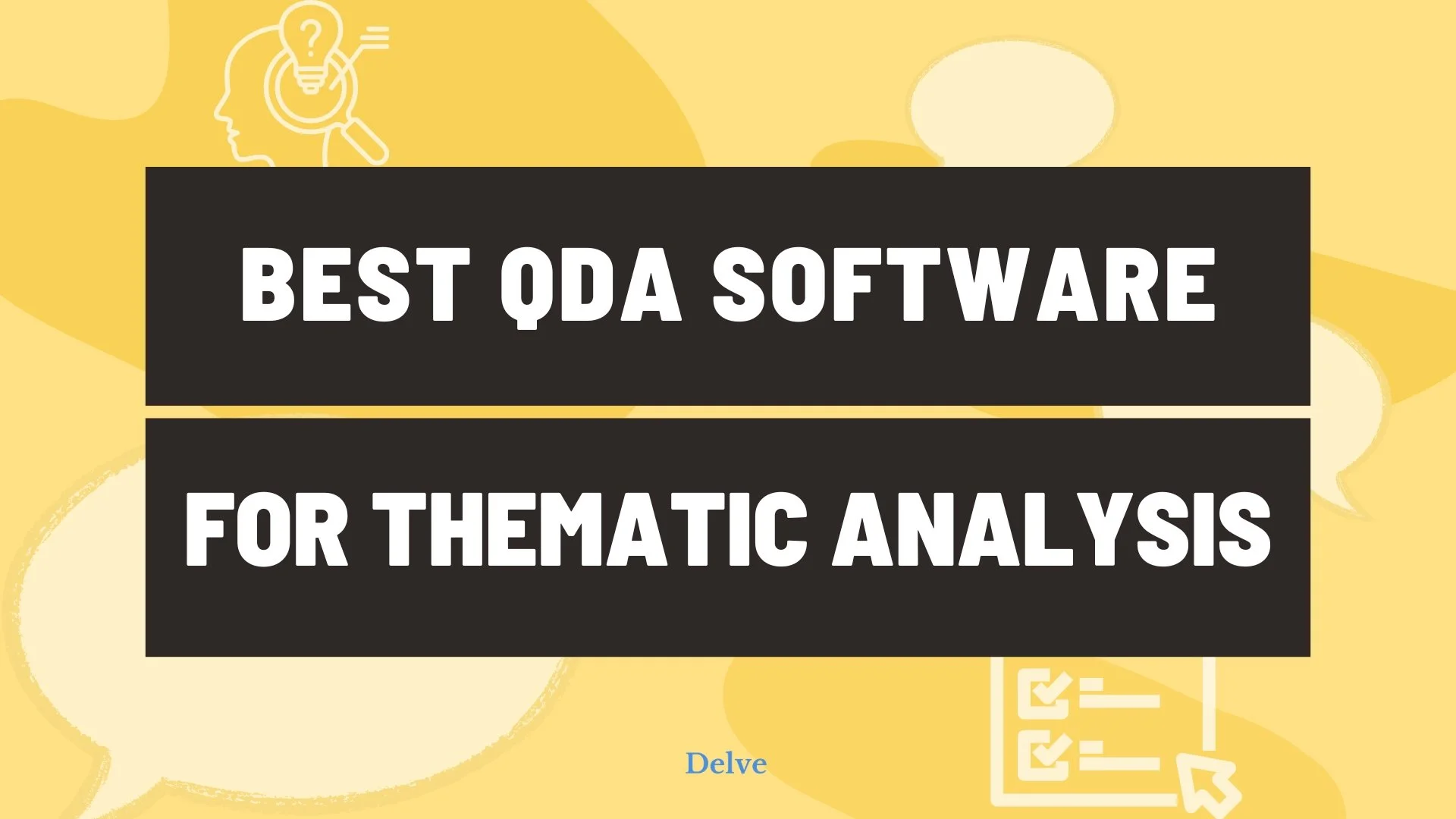This article looks at the limitations with the “dump and done” approach, then highlights a few ways ChatGPT and Delve’s AI-assistant still save you time for thematic analysis.
Read MoreWe compare NVivo, ATLAS.ti, MAXQDA, Quirkos, Taguette, Dedoose, and Delve to find tools that streamline thematic analysis.
Read MoreThematic analysis involves reading through a data set and identifying patterns in meaning across the data.
Read MoreFind connections between ideas in your research using axial coding. Read more for a step by step example of the qualitative analysis method of axial coding.
Read MoreThematic analysis involves reading through a data set and identifying patterns in meaning across the data.
Read MoreThis article delves into inductive thematic analysis and deductive thematic analysis.
Read MoreThis article introduces reflexive thematic analysis (RTA) in qualitative research, a flexible yet systematic approach to thematic analysis that values the researcher’s subjectivity.
Read MoreLearn how to create a codebook in thematic analysis, including best practices and tools to improve the quality of your research.
Read MoreGrounded theory and thematic analysis are two popular qualitative research methods. This article explores the strengths, differences and uses cases of these two methods.
Read MoreThis article explores coding reliability thematic analysis, which focuses on how accurately different coders can apply the same codes to a dataset.
Read MoreThis article explores the differences between interpretative phenomenological analysis (IPA) and thematic analysis (TA), including these philosophical differences, techniques, situational considerations, and the possible benefits of combining them.
Read MoreCollaborative thematic analysis (CTA) is a research method where a group of researchers collaboratively analyze qualitative research. This approach is similar to thematic analysis but has been adjusted to facilitate team-based analysis.
Read MoreThis article identifies, defines, and explains the various representations of thematic content analysis throughout the formative literature on qualitative research.
Read MoreClarifying the difference between thematic analysis and the common forms of qualitative content analysis—and offer researchers a rational way to match the purpose of their intended study with the appropriate method of data analysis.
Read More












